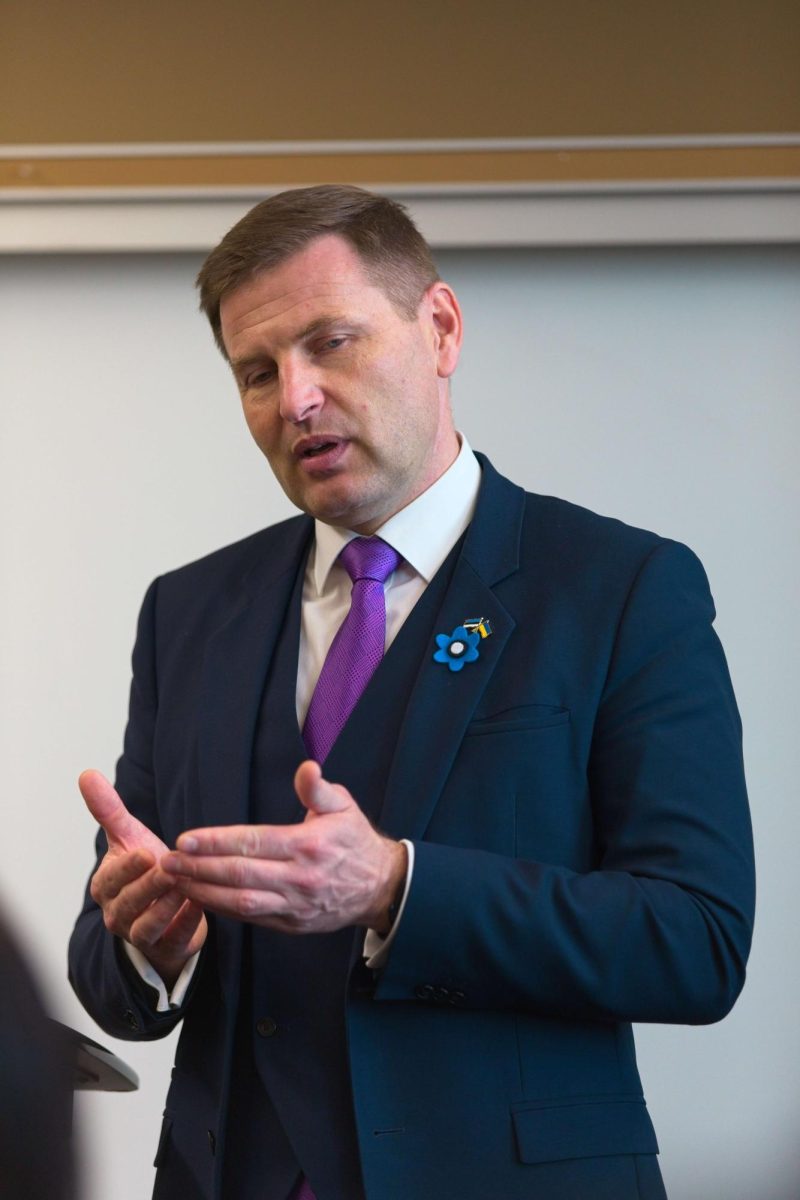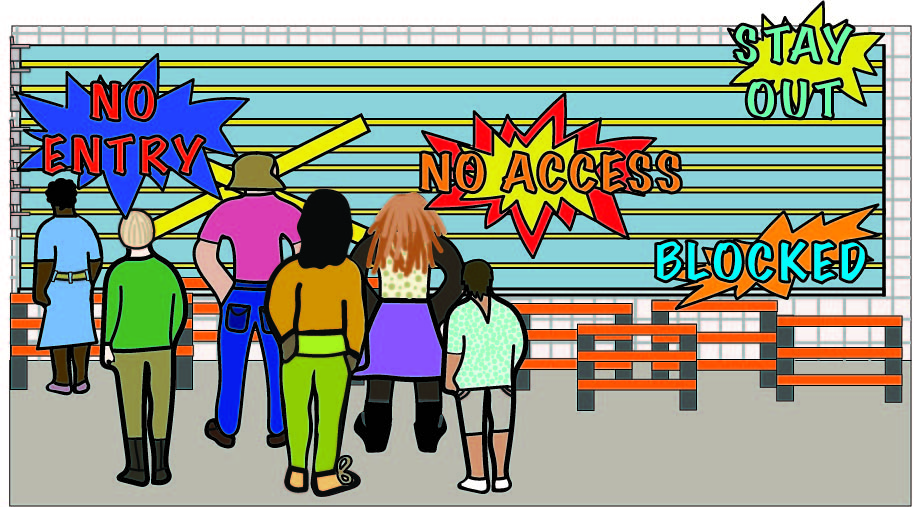Unboxing the dark side of Amazon: Our consumerist habits
March 4, 2023
While most of us at Augustana anticipate getting the package notification from the Mailing Center to get our Amazon finds, many people may not consider the consumerism it reinforces.
Especially for students without transportation, online shopping and receiving packages has become a mindless process.
Influencer culture, social media trends and “dupes” (slang for a cheaper version of something) condition our minds to become consumers first and ethical humans later.
One way Amazon promotes consumerism is through its advanced recommendation algorithm. This algorithm uses a customer’s past purchases, search history, and other factors to suggest products that the customer may be interested in buying.
This personalized approach can increase sales, as customers are encouraged to buy more items than originally intended.
Furthermore, Amazon’s marketing tactics can create a feeling of excitement and anticipation for customers, enabling them to continue to be an active part of the consumer cycle.
According to an article in Forbes, Amazon Prime Day 2021 generated over $11 billion in sales, a 6.1% increase from the previous year.
Amazon’s marketing tactics, including its use of countdown timers and limited-time lightning deals, created a sense of urgency among customers and encouraged them to purchase items.
All of these strategies that Amazon uses lead to people buying products they do not need, from a company known to negatively impact the environment.
Amid the influence of marketing through huge discounts and limited deals, digital content creators have also popularized the idea of “haul videos” and “unboxing videos.”
These videos showcase large amounts of products being purchased or received.
These trends create a culture of consumerism and encourage the idea of constantly buying new products. There have been moments where TikTok content has motivated me to buy dupe products instead of the original expensive ones. It is this influence that makes me ponder if it has truly altered the way I shop.
TikTok user @chandlerisaac has become my trusted source for “Amazon finds” as she does a series called “Boujee on a Budget” haul revolving around skincare, home decor and clothing. But the question remains if these influencers stand by what they preach or if it is a marketing strategy to feed products to the consumers.
To ensure influencers do not fool the public, The Federal Trade Commission (FTC) has provided guidelines for influencers on disclosing sponsorships, including using clear and conspicuous language and placing the disclosure near the beginning of their content.
Currently, deinfluencers also have been breaking down the bad sides of the influencer and consumer market.
They provide their followers with information about sustainable, eco-friendly and ethically-produced Amazon products, and they also educate their audience about Amazon’s impact on workers and the environment.
Kathryn Kellogg, the founder of the blog “Going Zero Waste”, promotes sustainable and ethical products on her platform.
This includes items sold on Amazon, but she does so transparently and ethically.
Kellogg discloses any sponsorships or affiliate relationships with Amazon or other companies and provides her followers with detailed information about the environmental and ethical impact of the products she recommends.
While the convenience and personalized approach of Amazon may make it seem like a great option for us, it is important to reflect on the impact of consumerism and marketing tactics. Through this, we can strive to make conscious and sustainable choices.
Influencers, social media trends and Amazon’s marketing tactics can encourage a culture of constantly buying new products, leading to increased consumerism and environmental impact.





















































































































